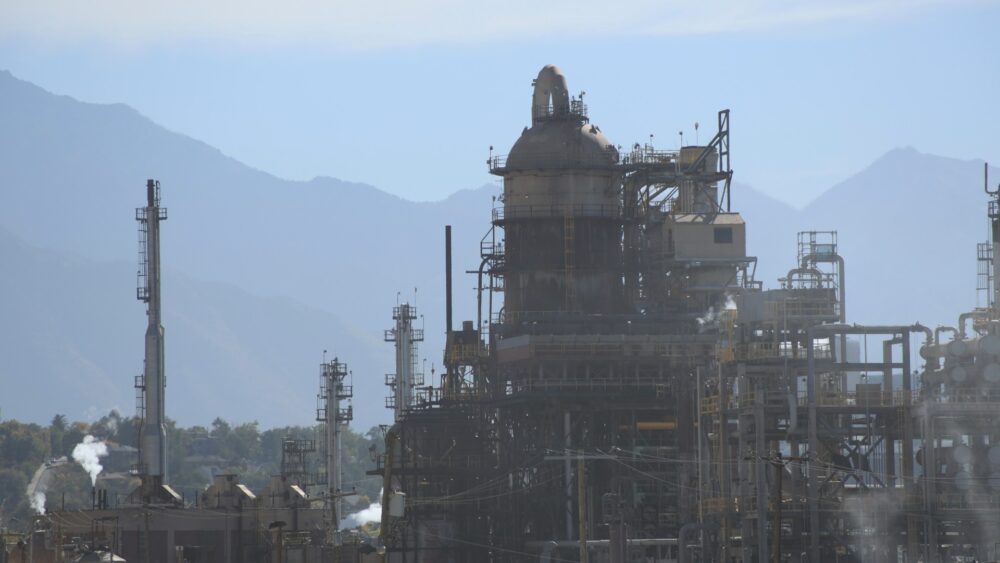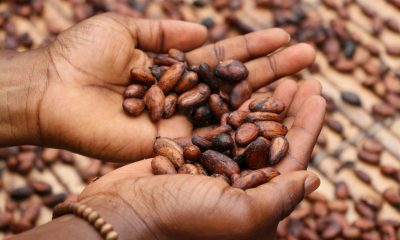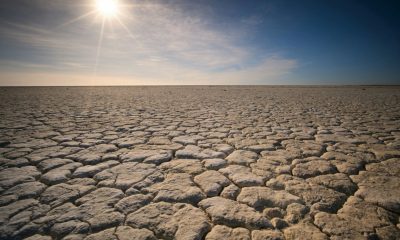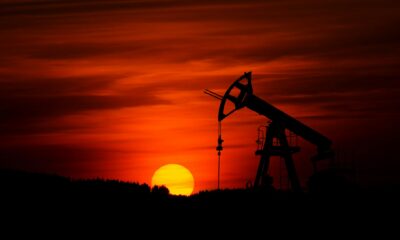Africa
Why It Is So Difficult to Build Mining Refineries in Africa
Mining refineries in Africa face challenges due to limited, unstable energy supplies and security issues. Some countries consider coal plants to meet energy demands, but environmental and financial concerns deter investors. Projects like Guinea’s alumina refinery show potential but struggle with political and economic instability. Without stable governance and investment, local mineral refining remains uncertain.

Building mining refineries in Africa requires massive investment and heavy infrastructure. “We’re talking about hundreds of millions of dollars to set up a refinery, not to mention energy costs,” explained an expert based in West Africa.
Processing minerals such as copper, gold or nickel requires stable and abundant energy, a major challenge for countries such as the DRC, Guinea, Mali or Burkina Faso, where electricity supplies remain limited and often unstable.
African countries find it difficult to build a refinery
Some investors are considering building coal-fired power plants to make up for this shortage, but this costly and polluting solution is putting off financial institutions and worrying environmentalists. The latter are not hesitant to step up. “Using coal to process local resources is ecological nonsense,” complains an outraged Togolese civil society activist.
This dire need for energy and stability is particularly acute in countries such as the Democratic Republic of Congo, where several copper and cobalt refinery projects have been considered, but few have come to fruition. Katanga Mining’s project to process copper locally has been abandoned, due to governance and security concerns. “Freeport-McMoRan has also pulled out, faced with opaque local practices and challenges in securing facilities,” said a consultant in Kinshasa.
In Burkina Faso, where gold potential is considerable, gold refinery projects have also been considered, but security tensions are dampening investors’ enthusiasm. “Investing in an area where attacks are regular is a considerable risk,” noted an industry expert.
In Guinea, although the country already has an alumina refinery operated by the Russian group Rusal in Friguia, multiplying these facilities remains a challenge. The Sangarédi aluminum smelter project, led by the Compagnie des Bauxites de Guinée (CBG) with the support of Rio Tinto and Alcoa, embodied the hope of increased transformation of bauxite on site.
Currently, the CBG extracts around 15 million tonnes of bauxite per year, but most of it is exported in its raw state. Plans for a refinery in Kamsar have been under discussion since the 2000s, but their implementation has been repeatedly postponed.
Guinea Alumina Corporation (GAC), meanwhile, is developing a $4 billion refinery project with an annual capacity of 1.2 million tons of alumina by 2026. But market conditions, fluctuations in aluminum prices, and Guinea’s internal challenges—political instability, frequent tax reforms, and limited access to electricity, which benefits less than half the population—complicate investor engagement. “Transforming bauxite into alumina requires sustained energy that current infrastructure cannot guarantee,” said a Guinea-based specialist.
This issue illustrates a broader challenge for mining transformation projects on the continent. Developing a mining refinery in Africa requires more than financial investment, according to a London-based mining market specialist.
“For a refinery project to be sustainable, there needs to be a dual commitment: on the one hand, governments need to provide a stable and reassuring framework, and on the other, developers need to mobilise investors who are prepared to commit for the long term,” he explained. Without this synergy between political stability and financial support, “these projects, which span decades, risk running out of steam,” he added.
Refineries seen as a risky bet for African states
For West Africa, the idea of refining its mineral resources locally has become as much a political challenge as an economic one. Governments must choose between securing risky investments, stabilizing their regulatory frameworks, and responding to environmental pressures. It is a difficult balance to strike, which makes the future of mineral refineries in Africa uncertain.
As one Nigerian energy policy expert sums it up: “Without strong political will, adequate energy infrastructure, long-term stability, and, above all, investor confidence in governments, which is essential to secure financing, it is unlikely that West Africa will become a mineral refining hub in the near future.”
“As things stand, these projects are almost mirages, dreams of industrial sovereignty that are struggling to come to fruition,” concludes an observer of the mining sector.
__
(Featured image by Danny Burke via Unsplash)
DISCLAIMER: This article was written by a third party contributor and does not reflect the opinion of Born2Invest, its management, staff or its associates. Please review our disclaimer for more information.
This article may include forward-looking statements. These forward-looking statements generally are identified by the words “believe,” “project,” “estimate,” “become,” “plan,” “will,” and similar expressions. These forward-looking statements involve known and unknown risks as well as uncertainties, including those discussed in the following cautionary statements and elsewhere in this article and on this site. Although the Company may believe that its expectations are based on reasonable assumptions, the actual results that the Company may achieve may differ materially from any forward-looking statements, which reflect the opinions of the management of the Company only as of the date hereof. Additionally, please make sure to read these important disclosures.
First published in Financial Afrik. A third-party contributor translated and adapted the article from the original. In case of discrepancy, the original will prevail.
Although we made reasonable efforts to provide accurate translations, some parts may be incorrect. Born2Invest assumes no responsibility for errors, omissions or ambiguities in the translations provided on this website. Any person or entity relying on translated content does so at their own risk. Born2Invest is not responsible for losses caused by such reliance on the accuracy or reliability of translated information. If you wish to report an error or inaccuracy in the translation, we encourage you to contact us

-

 Crowdfunding4 days ago
Crowdfunding4 days agoBSG Stahl Riesa Launches Crowdfunding for New Floodlights
-

 Africa2 weeks ago
Africa2 weeks agoMASI Surge Exposes Market Blind Spot: The SAMIR Freeze and Hidden Risks
-

 Cannabis24 hours ago
Cannabis24 hours agoSnoop Dogg Searches for the Lost “Orange” Cannabis Strain After Launching Treats to Eat
-

 Crypto1 week ago
Crypto1 week agoIntesa Sanpaolo Signals Institutional Shift With Major Bitcoin ETF Investments
























